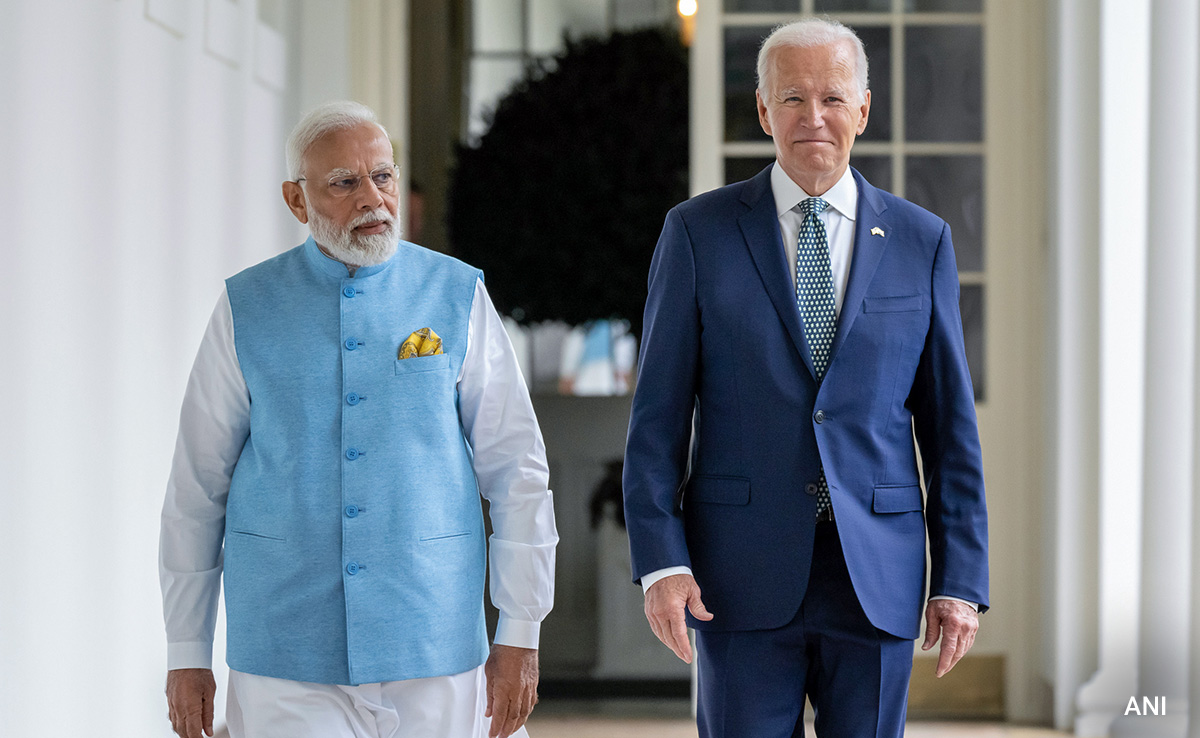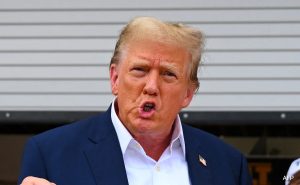2024-06-12 11:21:53

Retaining Dr. S. Jaishankar as foreign minister clearly signals continuity in India’s foreign policy goals under Modi 3.0. But could Prime Minister Narendra Modi’s success in the foreign policy arena perish at the altar of coalition politics?
Collective wisdom suggests that despite a reduced mandate, India’s foreign policy pursuit under Modi 3.0 is unlikely to be affected. There is unanimity among politicians and pundits that the Modi government’s mantra of ‘strategic consensus’ and pursuit of multilateralism will continue to drive India towards becoming a global force as well as the world’s third-largest economy (after the US and China) by 2027.
Watch | What Will Add Heft To India’s Foreign Policy?
The general consensus appears to be that Modi’s foreign policy has already catapulted India onto the global stage. His actions have so far reflected a nuanced approach to maintaining an independent foreign policy that is in India’s national interest. India may not yet be a great power, but is an emerging great power, as American political scientist John Mearsheimer recently suggested. In Modi’s third term, India will certainly strive to go beyond an emerging great power status.
If the new reality of a coalition government is unlikely to undermine Modi’s foreign policy goals, will it be smooth sailing for him from now onwards?
The Challenges To Continue
During Modi’s last term, India had faced all kinds of pressure to become a formal US ally. But he commendably dodged President Joe Biden’s charm offensive. Biden extended Modi a state visit, laced with a hero’s welcome at the White House. It was one of the best moments of Modi’s long political career, but instead of treating it as a personal triumph (remember he was denied entry by the US for years following the Gujarat violence in 2002?), he saw it as a recognition for a rising India.
The Modi-Jaishankar partnership has stood firm on avoiding strict alliances with any major power. Instead, the duo has tried to balance relations among competing global powers, which can be observed in India’s interactions with the US, Russia and China, as well as its balancing act between Israel and Middle Eastern countries.
In the coming years, the challenges are going to become even bigger for the Modi government because the rise of China and a resurgent Russia are expected to continue to undermine the US-dominated liberal global order. The war in Ukraine has dragged on with no end in sight, and it is thus that the US is desperate to bring powers like India into its orbit of influence. If India were to become a formal US ally, it would be a huge shot in the arm for President Biden.
On the other hand, it’s obvious that President Putin would not like to lose an old, trusted friend in India, which relies heavily on him for its defence and energy needs.
Will India Become A Formal US Ally Under Modi 3.0?
Many academics, policymakers and analysts in the US continue to forcefully argue that becoming a formal US ally is more beneficial for India and that it’ll help it achieve its goal of becoming a great global power. Many in India also believe it’s in the country’s national interest to join hands with the most powerful country on the planet. So, if it is indeed in India’s national interest, why not? After all, India and the US are already part of the Quad grouping, along with Japan and Australia.
No doubt the argument in favour of an India-US alliance is very powerful and loaded with benefits. India is faced with China’s growing economic and military ambitions. So, could Modi feel compelled to enter a comprehensive agreement with the US and get more rewarding economic cooperation and an umbrella security protection against any future Chinese aggression? Given the recent incidents of border skirmishes and the fact that China is an immediate neighbour, India faces a bigger security threat from China than any other of its neighbours. Therefore, ostensibly, it makes sense to come under the US security cover.
The supporters of such an argument say that India needs investments, technology, and semiconductor chips for its industries. It also needs advanced weapons for its military. They believe the US can also help India become a permanent member of the UN Security Council. Most of all, they say that both countries share democratic values. They say if India were to become a US ally, it stands to gain much more from the alliance than the US does.
Many also argue the alliance could be on the lines of NATO. The security relationship between the US and the European Union is anchored in NATO, established in 1949 to protect Europe against the Communist Soviet Union. This military alliance not only ensures the defence of Europe but also fosters a close political relationship between the US and EU member states.
In return, the EU countries support US positions in global affairs. That’s why the EU supported the American invasion of Iraq and they supported Israel without questioning much of its action in Gaza. In effect, many EU member countries have to exercise with caution their independent foreign policy, especially over an issue in which the US has a strategic interest. They have to toe the American line.
Those who are not in favour of India becoming a US ally say that if India goes that way, it will have to sacrifice its foreign policy autonomy, and that is non-negotiable for the Modi-Jaishankar duo. For instance, if India had been a US ally in 2003, it would have had to make a hard choice between supporting the US invasion of Iraq and standing firm in solidarity with an old Arab friend. The Philippines and Thailand are US allies in East Asia. But has that helped them allay their China concerns? South Korea is an American ally, but its citizens spend sleepless nights whenever tensions with North Korea escalate.
Rooted In Reality
Ultimately, India collaborates fully with the US when it comes to managing China’s rapid rise as a global power. But here again, India’s policy on China is primarily based on its own ground reality. The Galwan Valley clash has severely strained relations between India and China even though bilateral trade continues to boom.
Again, Russia has been India’s all-weather friend and often does not appear to be wanting anything in return for its deep commitment to India. The US and other Western powers are wary of India’s close ties with Russia. They have repeatedly asked India to condemn Russia’s invasion of Ukraine.
Talking about Modi’s Gulf policy, his engagements with the Gulf countries and West Asia have been a big success. On the Israel-Gaza issue, one expects India’s strategic autonomy to continue. India’s ties with Israel have grown stronger under Modi, with increased cooperation in defence, technology, and agriculture. They will become even stronger in the near future. Simultaneously, India has maintained strong ties with Arab countries, particularly in the Gulf, which are crucial for energy security and the large Indian expatriate population. The West views India’s balancing act positively, recognising the strategic importance of maintaining relations with both Israel and the Arab world. This balance is seen as a testament to India’s diplomatic finesse.
Some policymakers believe that if India truly harbours the ambition of becoming a global power, it cannot remain a mute spectator in times of big global crises. For example, when the US under President Trump lost the trust of the Palestinians as a neutral mediator, some argued that it was an opportunity for India to offer its mediation and try to bring the Palestinians and Israel onto the negotiating table. After all, India enjoys immense goodwill among both the Israelis and the Palestinians.
They now give the example of China, which successfully brought together sworn enemies Saudi Arabia and Iran and earned the right to be a serious mediator.
It is possible we may see a more assertive foreign policy in Modi’s third term, in which India’s stance on big global issues will be better articulated. But to expect India to mediate between warring parties may still be a step too far.
(Syed Zubair Ahmed is a London-based senior Indian journalist with three decades of experience with the Western media)
Disclaimer: These are the personal opinions of the author
Lok Sabha Election,Foreign policy,jaishankar,modi,pm modi,us,israel,china,india,pakistan,maldives,congress,cong,beijing
Source link
![]()



